Planetary Science
-
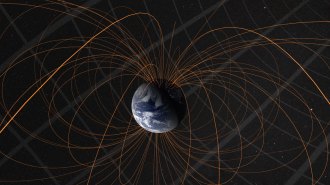 Planetary Science
Planetary ScienceAn ancient magma ocean may have once driven Earth’s magnetic field
Computer simulations of molten silicate under extreme temperatures and pressures may have just filled in a gap in the history of Earth’s magnetism.
-
 Space
Space50 years ago, scientists were studying why the sun’s corona is so hot
In 1970, scientists were hoping to learn why the sun’s corona is so hot during an eclipse. Fifty years later, the corona’s magnetic field may hold some answers.
-
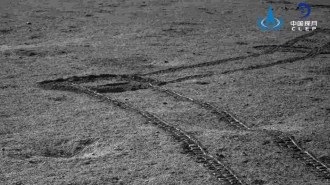 Planetary Science
Planetary ScienceChina’s moon rover revealed what lies beneath the lunar farside
China’s Yutu-2 rover found layers of fine sand and coarse gravel under the surface of the moon’s farside.
-
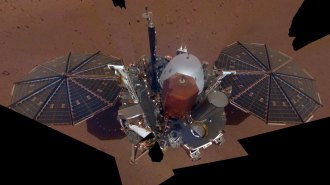 Space
SpaceWhat NASA’s InSight lander has learned about Mars’ magnetism and quakes
In its first 10 months, the InSight lander detected Marsquakes and an unexpectedly strong magnetic field at its landing site on the Red Planet.
-
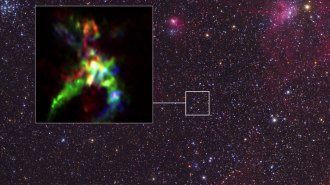 Space
SpacePhosphorus, a key ingredient of life, has been found in a newborn star system
Astrochemists map phosphorus-bearing molecules in a star-forming cloud, giving clues to how this vital element may have arrived on Earth.
By Adam Mann -
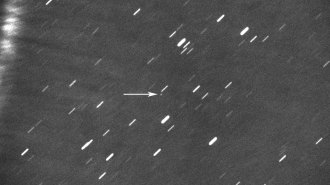 Planetary Science
Planetary ScienceFor the first time, an asteroid has been found nearer to the sun than Venus
A space rock dubbed 2020 AV2, found in close orbit around the sun, probably got there after a series of close encounters with rocky planets.
-
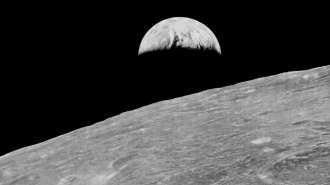 Space
SpaceThe sterile moon may still hold hints of how life began on Earth
50 years ago, scientists found no signs of life on the moon. Today, lunar mission regulations may be relaxed in light of that fact.
-
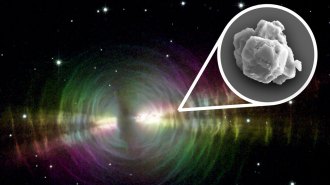 Space
SpaceThis ancient stardust is the oldest ever to be examined in a lab
Tiny grains of stardust that formed long before our solar system are giving new insight into star formation in the Milky Way.
-
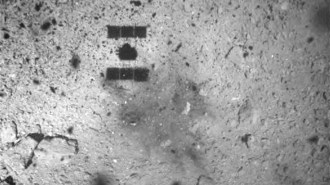 Space
SpaceHow 2019’s space missions explored distant worlds
Planets and asteroids and Arrokoth, oh my. Space probes had a busy year.
-
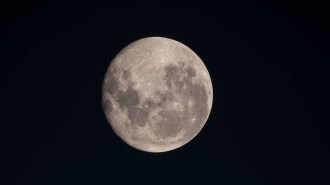 Space
SpaceChina stuck its moon landing this year. Others weren’t as lucky
Fifty years after Apollo 11 landed on the moon, Earth’s sidekick is getting renewed attention from space agencies around the world.
-
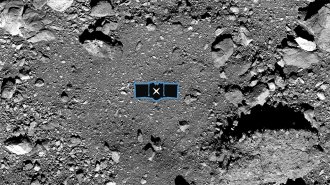 Space
SpaceNASA’s OSIRIS-REx must avoid ‘Mount Doom’ to return a sample of the asteroid Bennu
The OSIRIS-REx spacecraft finally has a target spot for sample collection, called Nightingale, on the asteroid Bennu.
-
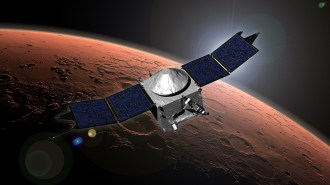 Space
SpaceNASA’s MAVEN probe shows how wind circulates in Mars’ upper atmosphere
By using the MAVEN spacecraft to track winds in the Martian thermosphere, researchers hope to better understand how the atmosphere leaks into space.